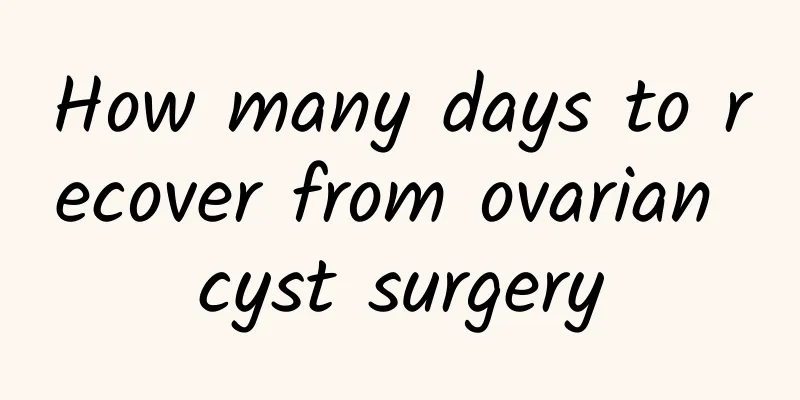What is pelvic inflammatory disease?

|
Pelvic inflammatory disease is a general term for inflammation of the female pelvic genital organs, mainly referring to inflammation of the female pelvic reproductive organs, connective tissue around the uterus and pelvic peritoneum. According to the inflammation, it can be divided into acute pelvic inflammatory disease and chronic pelvic inflammatory disease. Common causes of female pelvic inflammatory disease are infection, such as infection after childbirth or abortion, infection after gynecological surgery, external bacterial infection, etc. Women are physically weak during gynecological surgeries such as artificial abortion, upper and lower rings, and myomectomy. After the cervix is dilated, the vagina or cervical bacteria may be infected with pelvic inflammatory disease. Postoperative infection may also be caused by lax disinfection or chronic inflammation. If female friends do not pay attention to personal hygiene after gynecological surgery, or have sex early, it may cause bacterial infection and pelvic inflammatory disease. Symptoms of pelvic inflammatory disease 1. Common symptoms: lower abdominal pain, fever, increased vaginal discharge. The abdominal pain is persistent and worsens with activity or sexual intercourse. 2. Severe symptoms: If the condition is severe, chills, high fever, headache and loss of appetite may occur. 3. Menstrual symptoms: If the disease occurs during menstruation, the menstrual volume may increase and the menstrual period may be prolonged. 4. Digestive system symptoms: nausea, vomiting, abdominal distension, diarrhea, etc., may be manifestations of peritonitis. 5. Symptoms of dysuria, frequent urination, and painful urination, as well as bladder irritation: If pelvic inflammatory disease forms a pelvic abscess, lower abdominal masses and local compression and irritation symptoms may appear. Symptoms of bladder irritation may appear in front of the uterus, such as dysuria, frequent urination, and painful urination if cystitis occurs. 6. Diarrhea, difficulty in defecation, and rectal irritation symptoms: If there is diarrhea and difficulty in defecation outside the peritoneum, and the mass is located behind the uterus, rectal irritation symptoms may occur. |
<<: What should I do if I have irregular menstruation?
>>: What should I do if my menstruation is irregular after medical abortion?
Recommend
Popular Science: Your lingering period may be related to these diseases!
My period just won't go away. What's goin...
Everyone should fully understand the daily precautions of vulvar leukoplakia
In recent years, the incidence of vulvar leukopla...
Uterine fibroids can only be removed surgically. What is the treatment for uterine fibroids?
The treatment options for uterine fibroids are no...
What to do if women have cervical erosion and hypertrophy? 4 major treatments can help you stay away from cervical erosion and hypertrophy
What to do if cervical erosion and hypertrophy oc...
What medicine should be used with mud moxibustion to treat uterine fibroids? Can mud moxibustion treat uterine fibroids?
Mud moxibustion is a traditional Chinese medicine...
Laugh and be a healthy mother: old folk remedies for pregnancy and childbirth (Part 2)
Clinical studies have found that the level of vit...
Currently, surgery is the main treatment for uterine fibroids in women
If female friends find that their menstrual flow ...
What are the symptoms of vaginitis?
Common symptoms of vaginitis include the followin...
What diseases will occur if uterine fibroids are not treated
What diseases will be caused by untreated uterine...
How can pregnant women prevent miscarriage?
How can pregnant women prevent miscarriage? Misca...
The causes of pelvic inflammatory disease and back pain and how to treat it effectively
Why does pelvic inflammatory disease cause recurr...
Dietary remedies to relieve discomfort of adnexitis
Adnexitis is a common gynecological disease. Pati...
Eat mint to burn fat in spring 4 recipes without eating fat
What foods can help burn fat in spring? The answe...
Childbirth and age are important factors in the occurrence of primary dysmenorrhea
Dysmenorrhea can be divided into secondary dysmen...
What should I pay attention to in my diet for pelvic inflammatory disease?
Dietary considerations for pelvic inflammatory di...









